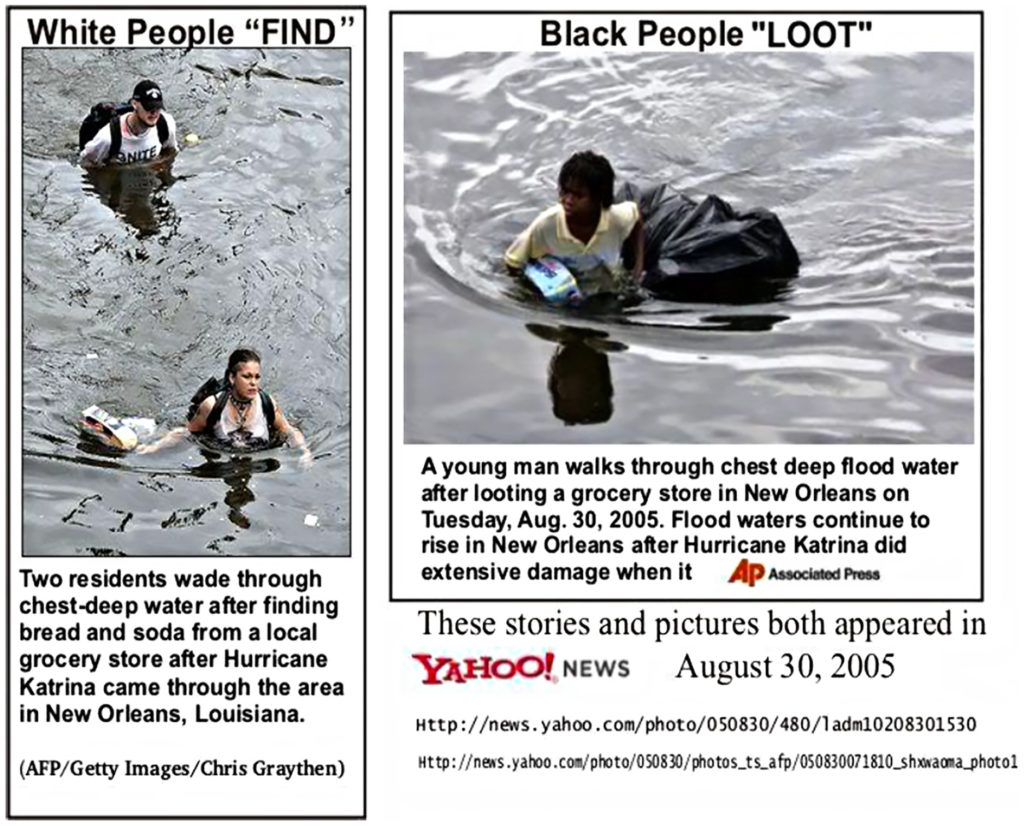On Looting

The invaluable historian Robin D.G. Kelley had a great op-ed a few days ago on how we need to think about how we think about looting.
Let me offer a more productive question instead: What is the effect of obsessing over looting?
It deflects from the core problem that brought people to the streets: The police keep killing us with impunity. Instead, once the burning and looting start, the media often shifts to the futility of “violence” as a legitimate path to justice. Crime becomes the story. Riots, we are told, cause harm by foreclosing constructive solutions. But such rebellions have not only shined a spotlight on American racism; they have also spawned investigations and limited reforms when traditional appeals have failed.
At the same time, looting has also been used as a pretext for expanding the police, which is what happened in Baltimore after the 1968 riots. By branding looters a criminal element in black communities, law enforcement officials could demand bigger budgets. And they were given a boost by President Lyndon Johnson, who increased federal funding for the police as part of his War on Poverty.
“Looter” often means “black,” as we saw in the aftermath of Hurricane Katrina when a photograph of a white couple “finding” necessities from a grocery store was compared with one of a black man whose search for similar items was deemed “looting.” Rarely do we read about the white people who looted during the Watts rebellion in 1965 and in Detroit in 1967. Indeed, white people, among them far-right provocateurs, have engaged in looting and destruction of property during the current protests; there is ample video evidence from across the country. There are also videos of black organizers asking them to stop because the police will “blame that on us.”
Our country was built on looting — the looting of Indigenous lands and African labor. African-Americans, in fact, have much more experience being looted than looting. The long history of “race riots” in America — in Cincinnati; Philadelphia; Detroit; New York; Memphis; Wilmington, N.C.; Atlanta; New Orleans; Springfield, Ill.; East St. Louis; Chicago; and Tulsa, Okla. — more closely resembled anti-black pogroms than ghetto rebellions. White mobs, often backed by the police, not only looted and burned black homes and businesses but also maimed and killed black people.
Kelley then gets to the core question.
The hackneyed emphasis on “why loot?” obscures the critical question black people have been asking for centuries: What kind of society values property over black life? Should the theft of sneakers and computers, or shattered windows, graffiti or broken locks become our obsession when black people are being killed before our eyes, when the police are bashing the heads of protesters and tear-gassing people during a viral pandemic that can cause respiratory illness?
Being upset about looting during these protests is a racist act.


